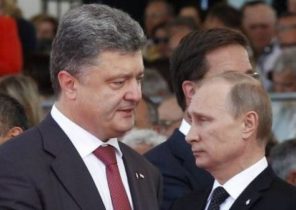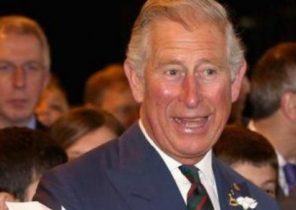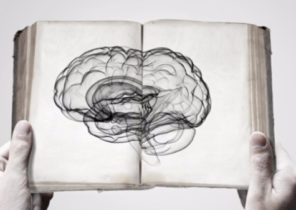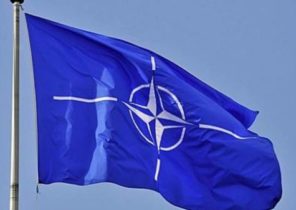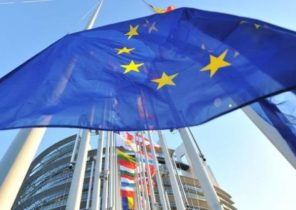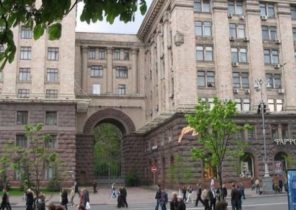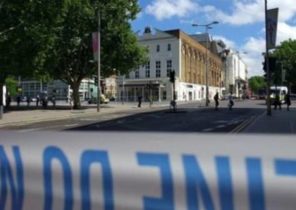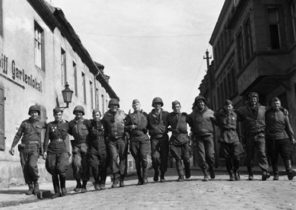
The escalation in Venezuela, reminiscent of the protests of 2014, in which 43 people died. The repression of the government since then has increased significantly, as well as the determination of his opponents.
Again hundreds of thousands of Venezuelans took to the streets to demonstrate against the government on Thursday. Again, violent clashes erupted with security forces. This was a continuation of the previous day’s demonstrations, which the opposition called the “mother of all marches”. Three people were killed: a soldier, 17-year-old student and 23-year-old woman. Since the beginning of the latest wave of protests in April killed eight people. Several people were injured — often firearms, were arrested hundreds of demonstrators.
Citizens with guns
The same scenes as in February 2014 when during demonstrations were killed 43 people. Even then, criminals in most cases was the so-called colectivos: armed militia groups under the leadership of President Chavez consider themselves defenders of the Bolivarian revolution. But they are only the agents of repression, and no one knows from whom they receive their orders. In addition, in 2014, soldiers of the National guard to shoot to kill. Only a few of them were brought to justice. Instead, the government sent to prison opposition leader Leopoldo Lopez (Leopoldo López) and hundreds of other oppositionists.
Again mode uses the scenario of threats covertly, through surveillance of the secret services for dissidents, and arbitrary arrests. Less secretive was launched on Tuesday the “Plan Zamora”. It provides for nationwide deployment of the army, allegedly to protect the country from the coup and outside interference. But in fact, this maneuver of intimidation inside the country. It includes the expansion of the irregular army of up to 500 thousand soldiers. We are talking about the army of Pro-government citizens-volunteers. According to Maduro, this year all should be weaponized. It is difficult to imagine what it might mean for the country, which already has the highest murder rate in the world. The army has vowed to keep “unconditional loyalty,” Maduro. Meanwhile, the opposition reminded the armed forces that they should serve the people and defend the Constitution. On the streets, the demonstrators called upon the soldiers to join their fight.
The courage of despair
But muscle-flexing Maduro has not made a significant impact. Parliament temporarily stripped of his powers, confirming the dictatorship of the government. But the opposition found in this situation, the catalyst for the resumption of mobilization. The government’s opponents seem more determined than ever. Their symbol is Henrique Capriles (Henrique Capriles), twice candidate for President, who a few days ago, the government was deprived of political rights for 15 years. Previously, he always distanced himself from the strategy, which includes changes via pressure from the streets. Now he is leading the protest. Now Venezuela should be United and not to yield, he says. Maduro has condemned the demonstrations, calling them a coup attempt. The calls of protesters in the streets could hardly be more democratic: free elections, release of political prisoners, independent institutions.
Not so much courage is forcing Venezuelans to confront the tear gas and rubber bullets. Rather, despair. Venezuela is in a terrible situation. Delivery of food and medicine almost stopped, unemployment is rising. Seven out of ten Venezuelans reject the government, blaming it for their suffering. However, the opposition is very difficult to mobilize the impoverished population.
